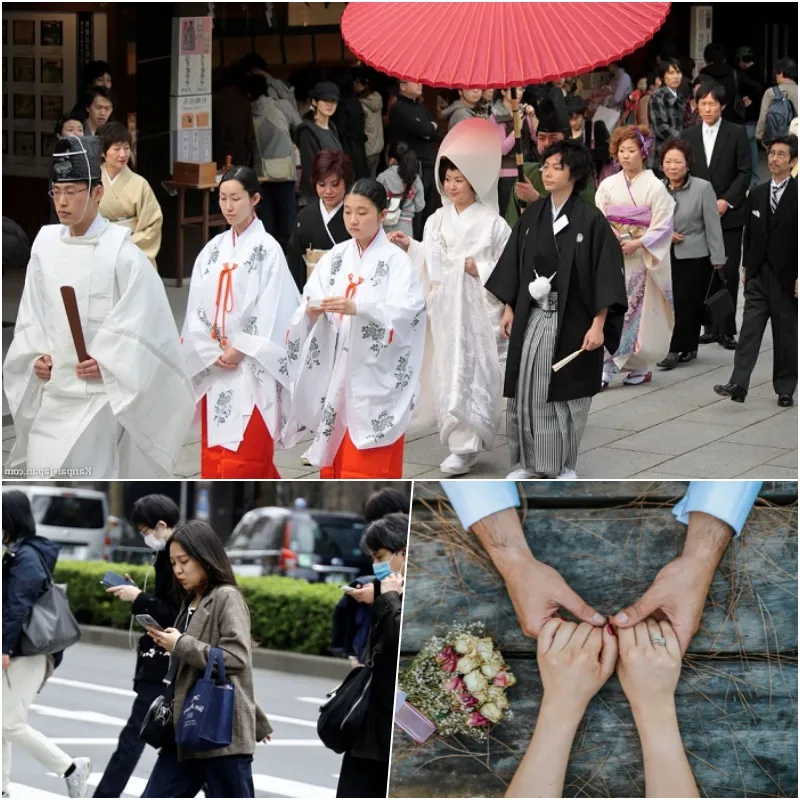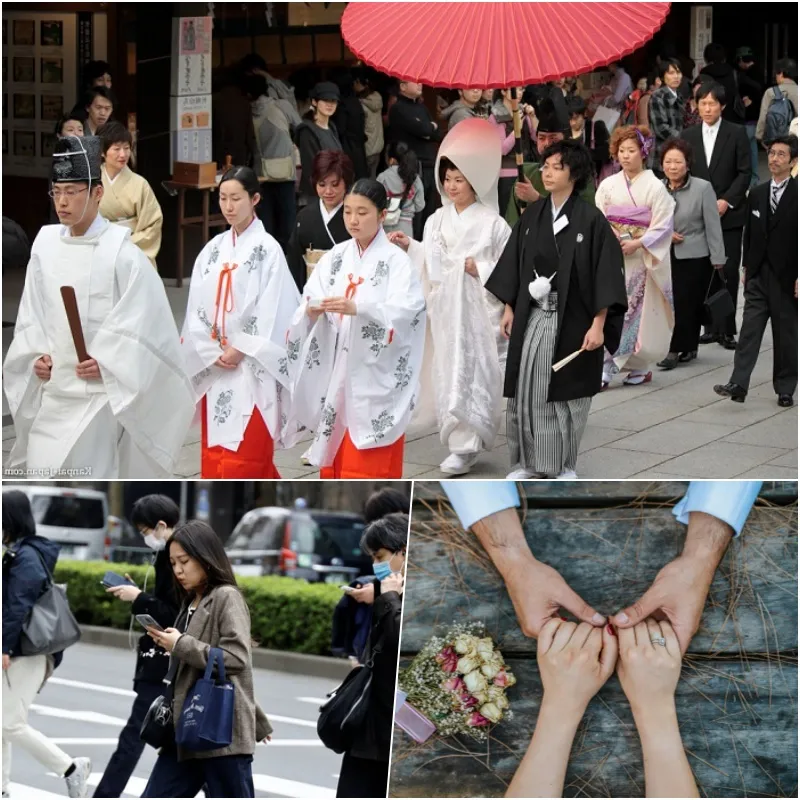
Japan Proposes Cash Incentives for Women to Move to Rural Areas and Marry
Japanese officials are facing mixed reactions to a proposal that would offer cash rewards to urban women who agree to relocate to rural areas and get married.
Social media in Japan is buzzing with news about the proposal to provide up to 600,000 JPY (approximately 4,000 USD) to women who are willing to marry and move away from Tokyo. The idea was introduced during a meeting aimed at addressing the gender gap between rural and urban areas on August 30. Single women living in Tokyo’s 23 central wards would be eligible for the new policy.

However, the proposal has sparked a heated debate online. Most comments criticize the idea as a clear example of gender discrimination.
“Do they really think that a well-educated, independent woman would leave Tokyo just for a cash reward? Is this a serious proposal?”; “Why don’t they offer money to men to marry and move to rural areas instead of staying in Tokyo?” some users commented.
This is not the first time the Japanese government has proposed financial incentives to encourage people to leave cities. Previously, subsidies of up to 600,000 JPY for individuals or one million for families were offered to those who agreed to move to suburban areas instead of staying in Tokyo. These individuals could work remotely or find local employment.
In reality, with an aging population, many rural areas in Japan are facing severe demographic crises. Many small towns in the country have very few or no young children at all.
The primary reason for this is that young women move to large cities, especially Tokyo, in search of educational and career opportunities. This phenomenon occurs less frequently among men of the same age.
A study in April 2024 revealed that over 40% of Japan’s cities are at risk of disappearing due to the sharp decline in the number of women in their 20s and 30s.

In June, the Japanese Ministry of Health reported that the average fertility rate for Japanese women dropped from 1.26 in 2022 to a record low of 1.2 in 2023, marking the eighth consecutive year of decline. This number is well below the recommended level of 2.1 to maintain a stable population, leading the Ministry of Health to describe the situation as “critical.”
“Various factors, such as economic instability, difficulties in balancing work and raising children, are contributing to the continued decline in the birth rate,” said a Ministry of Health official.






